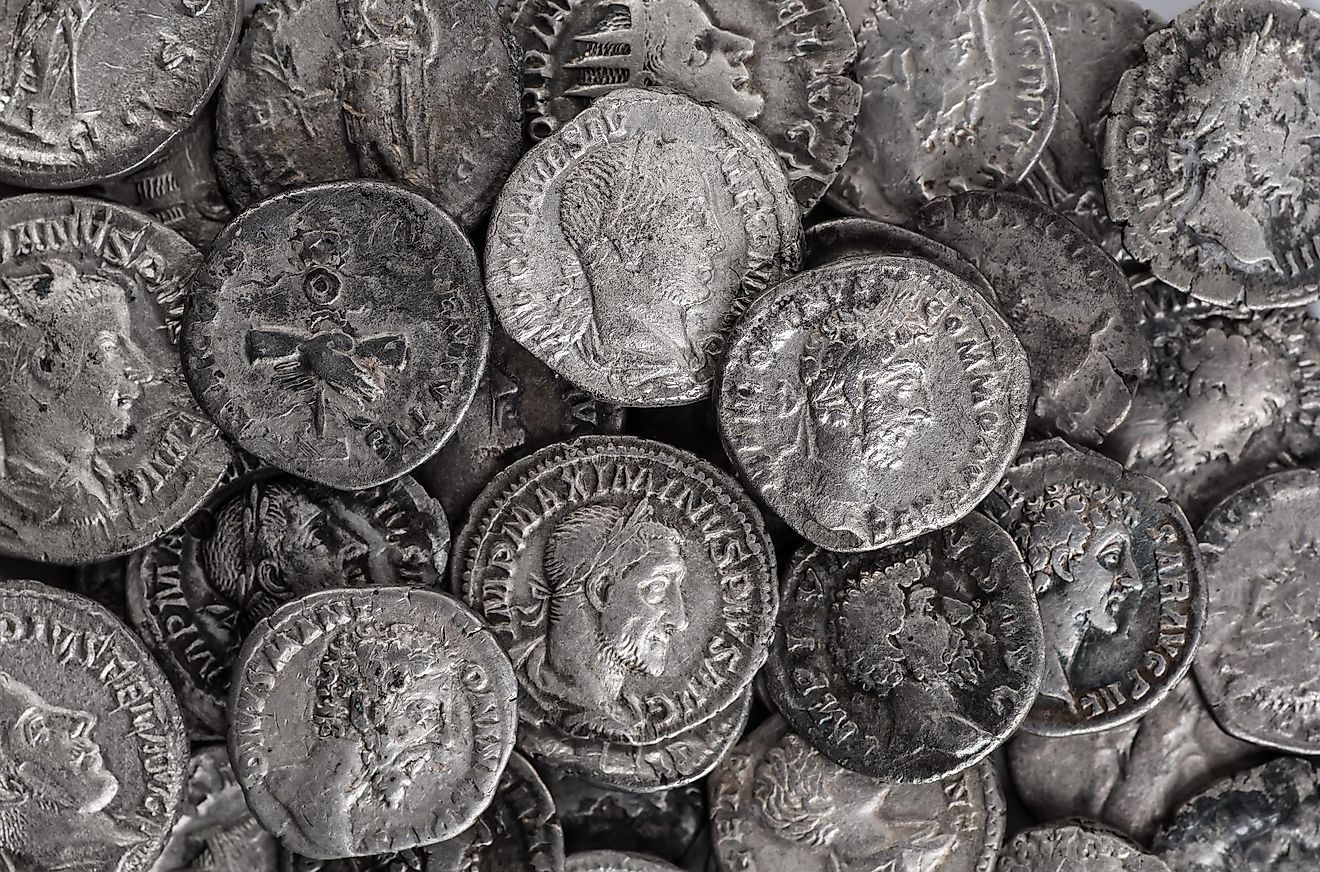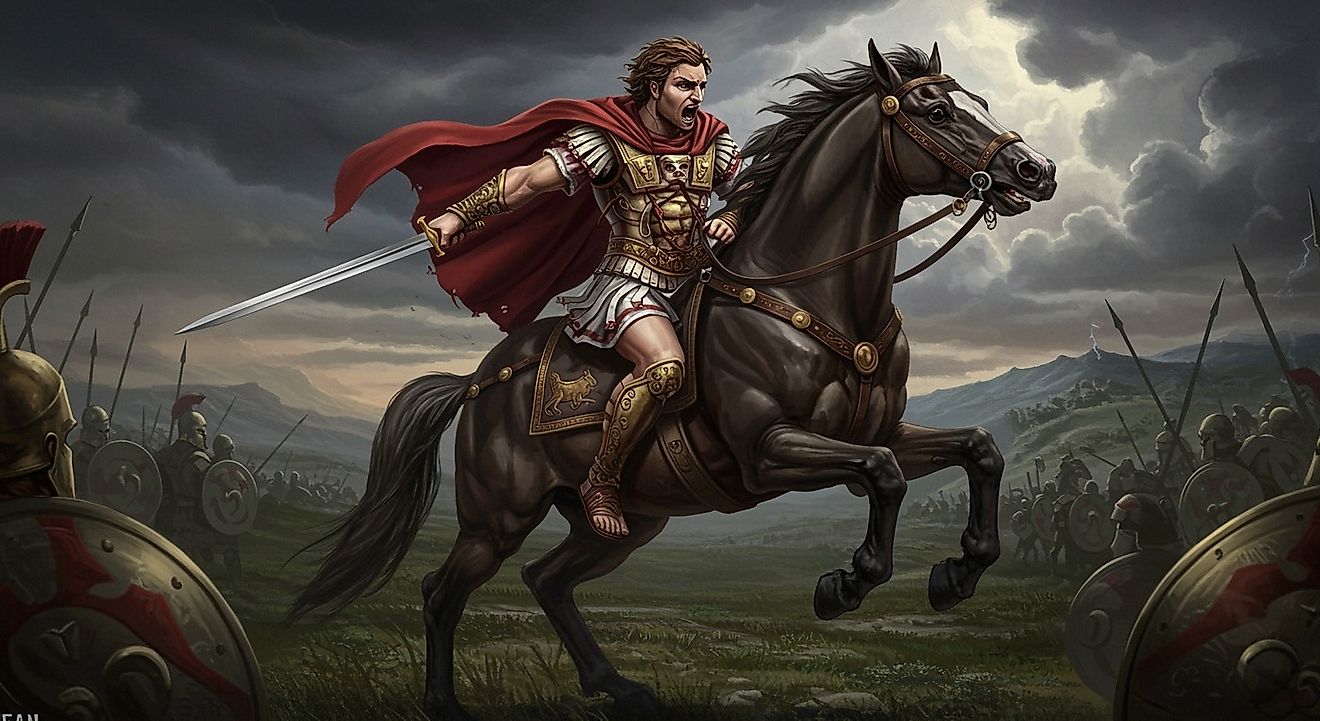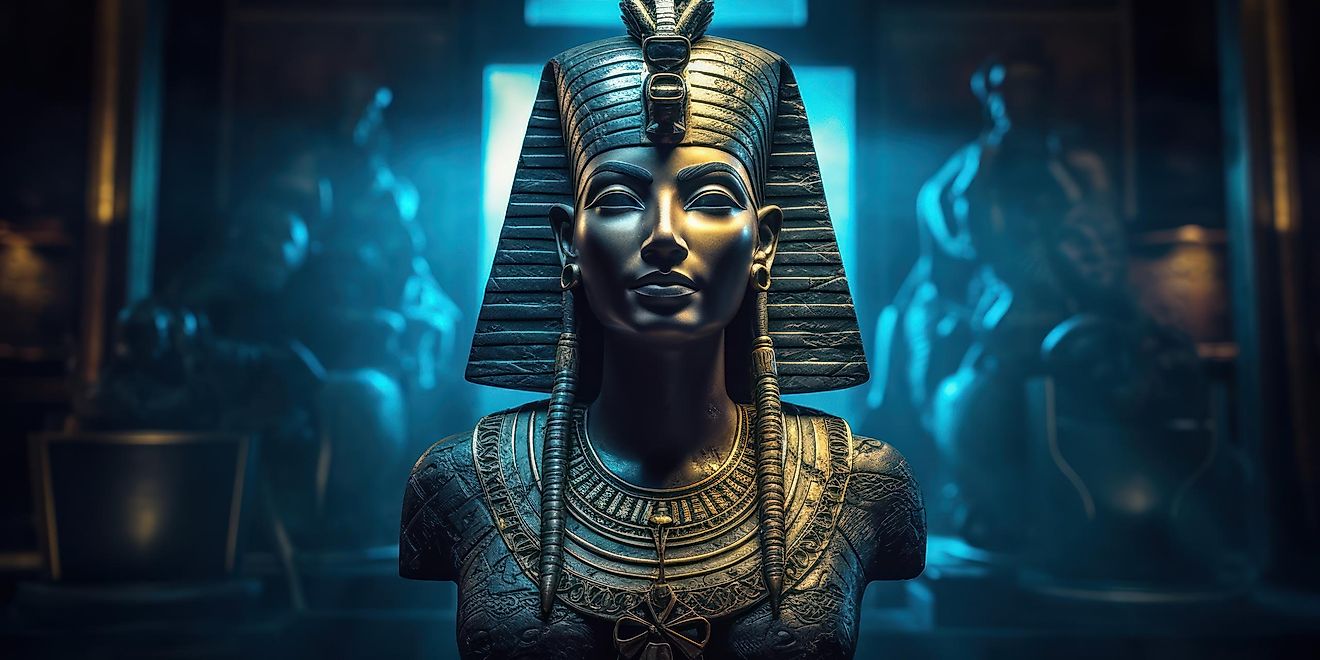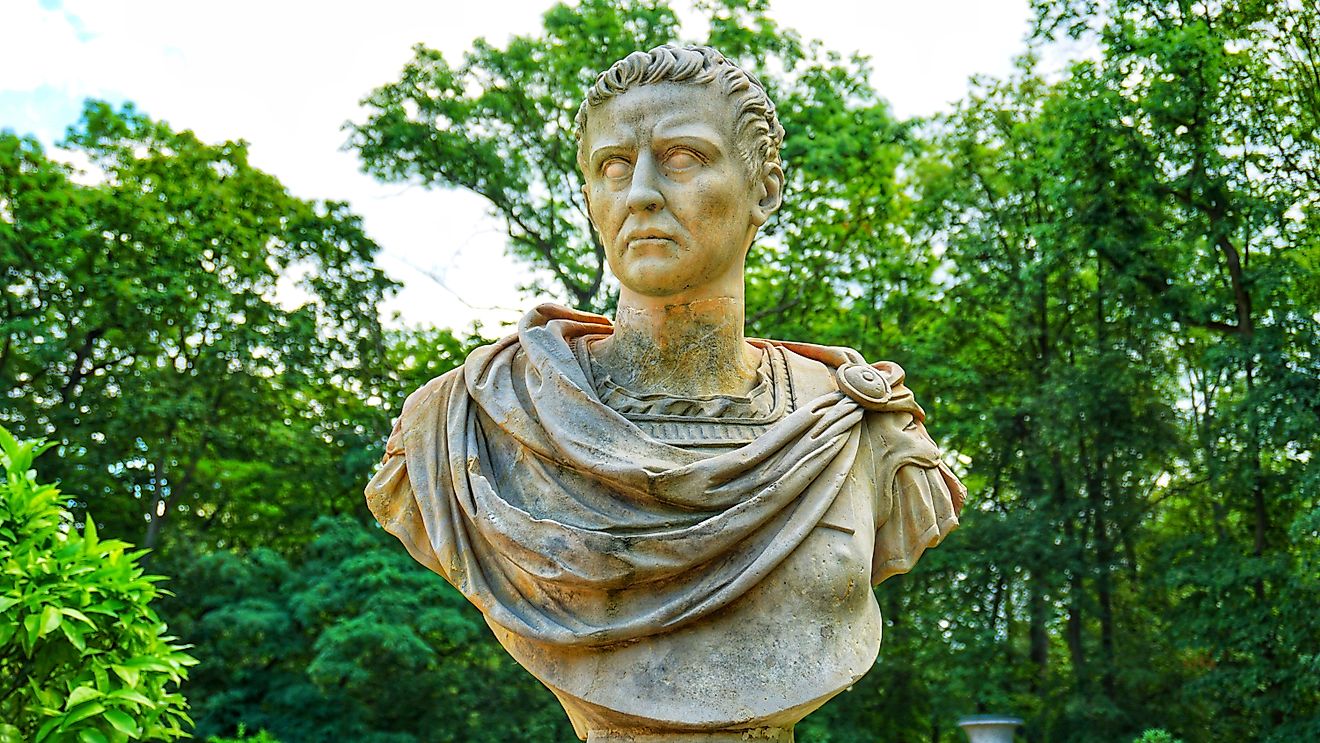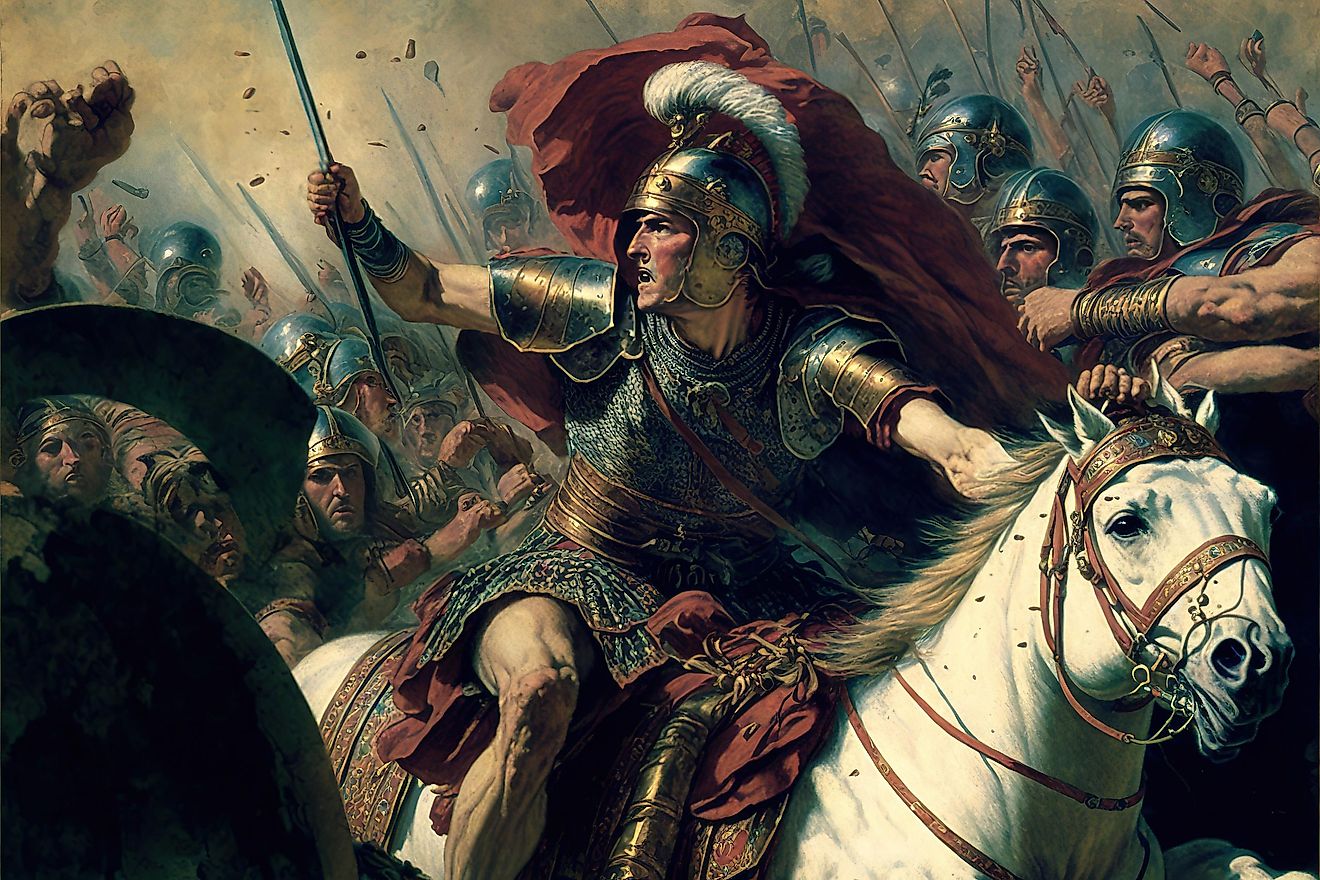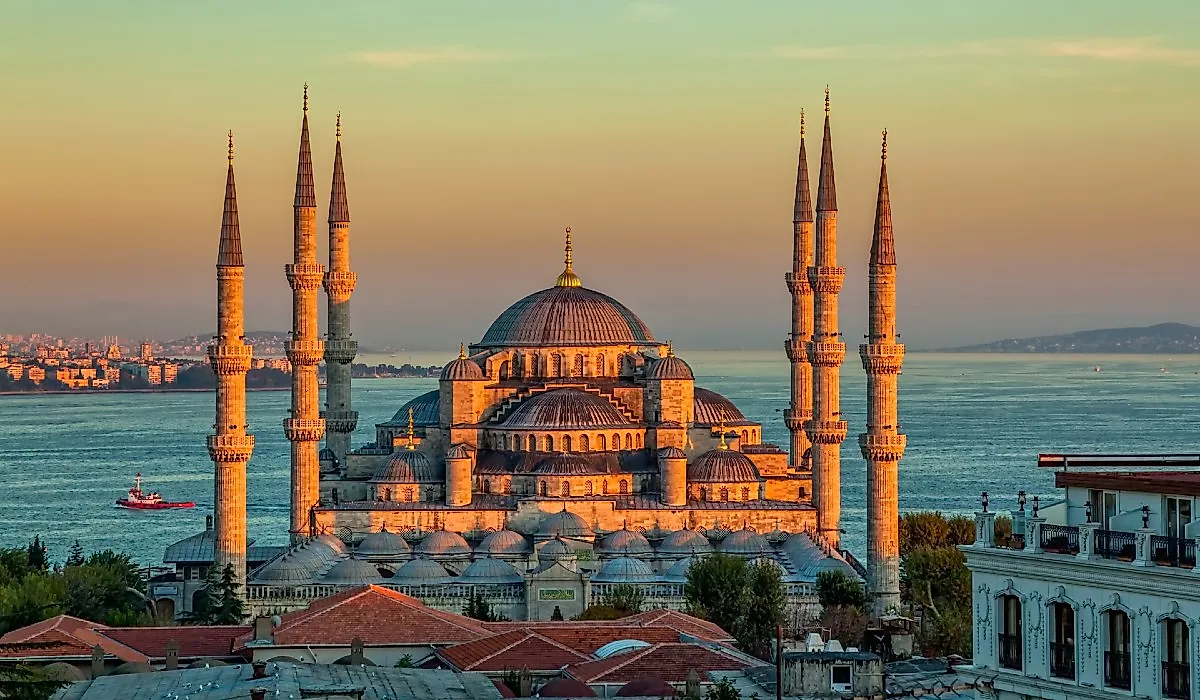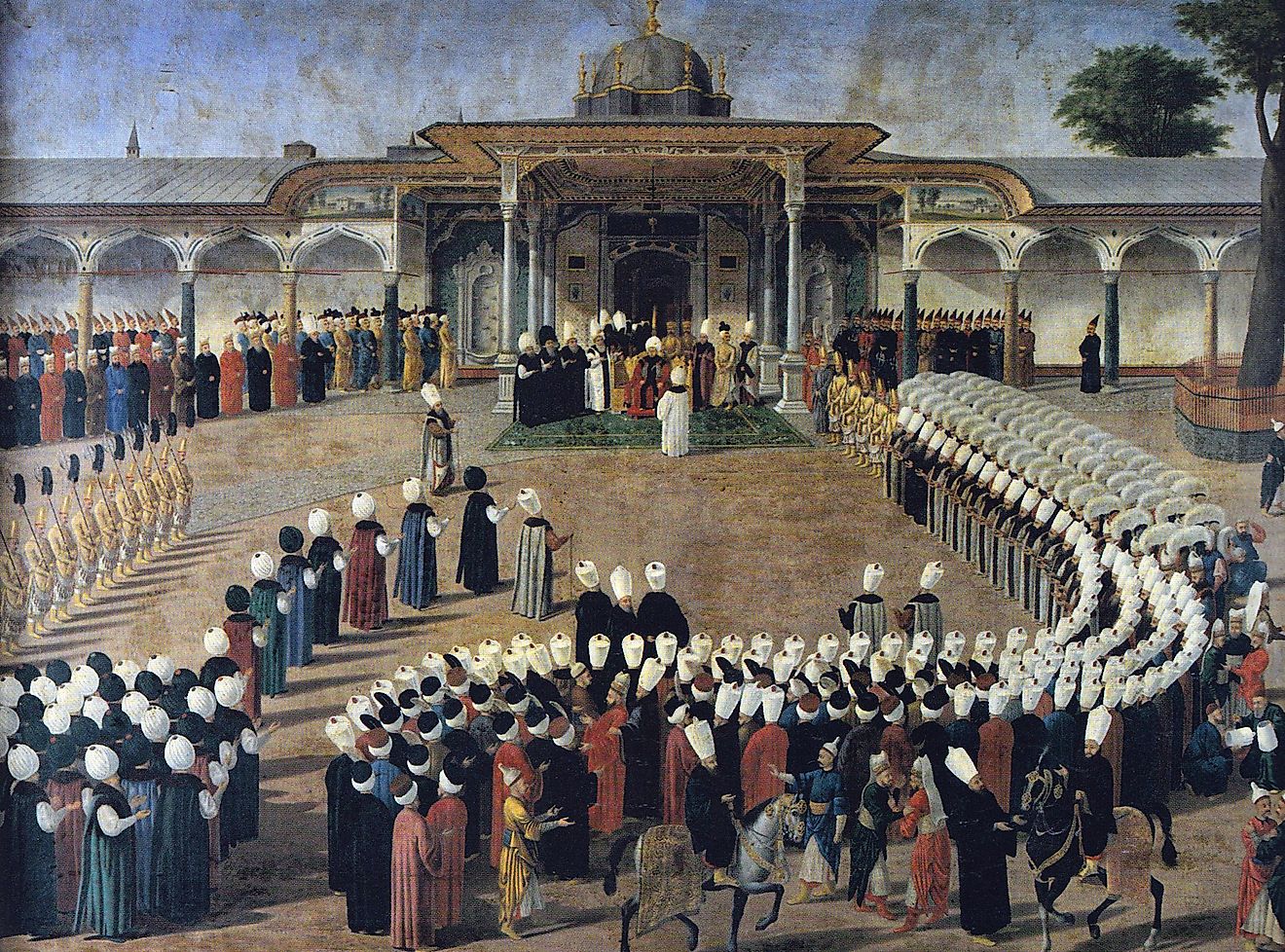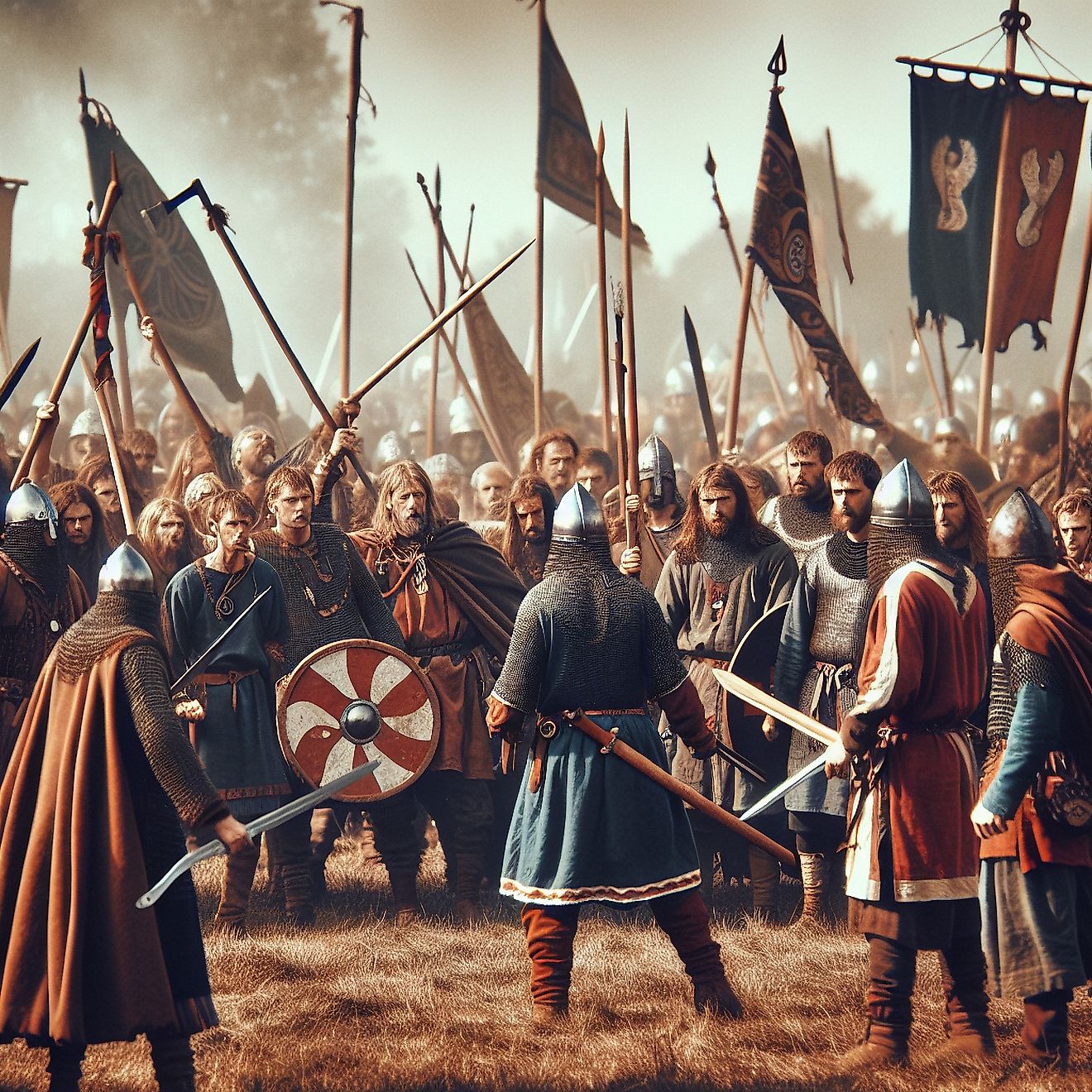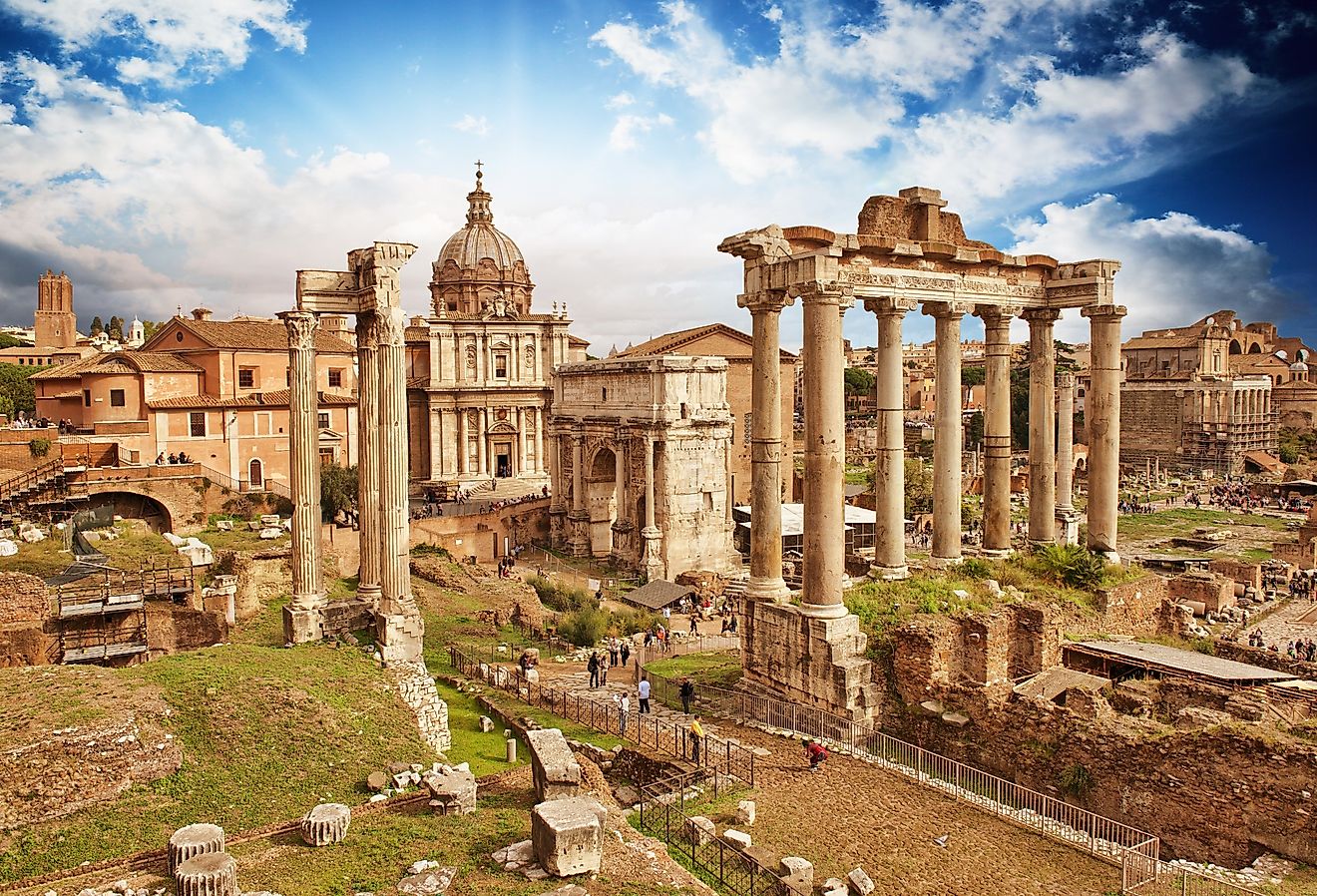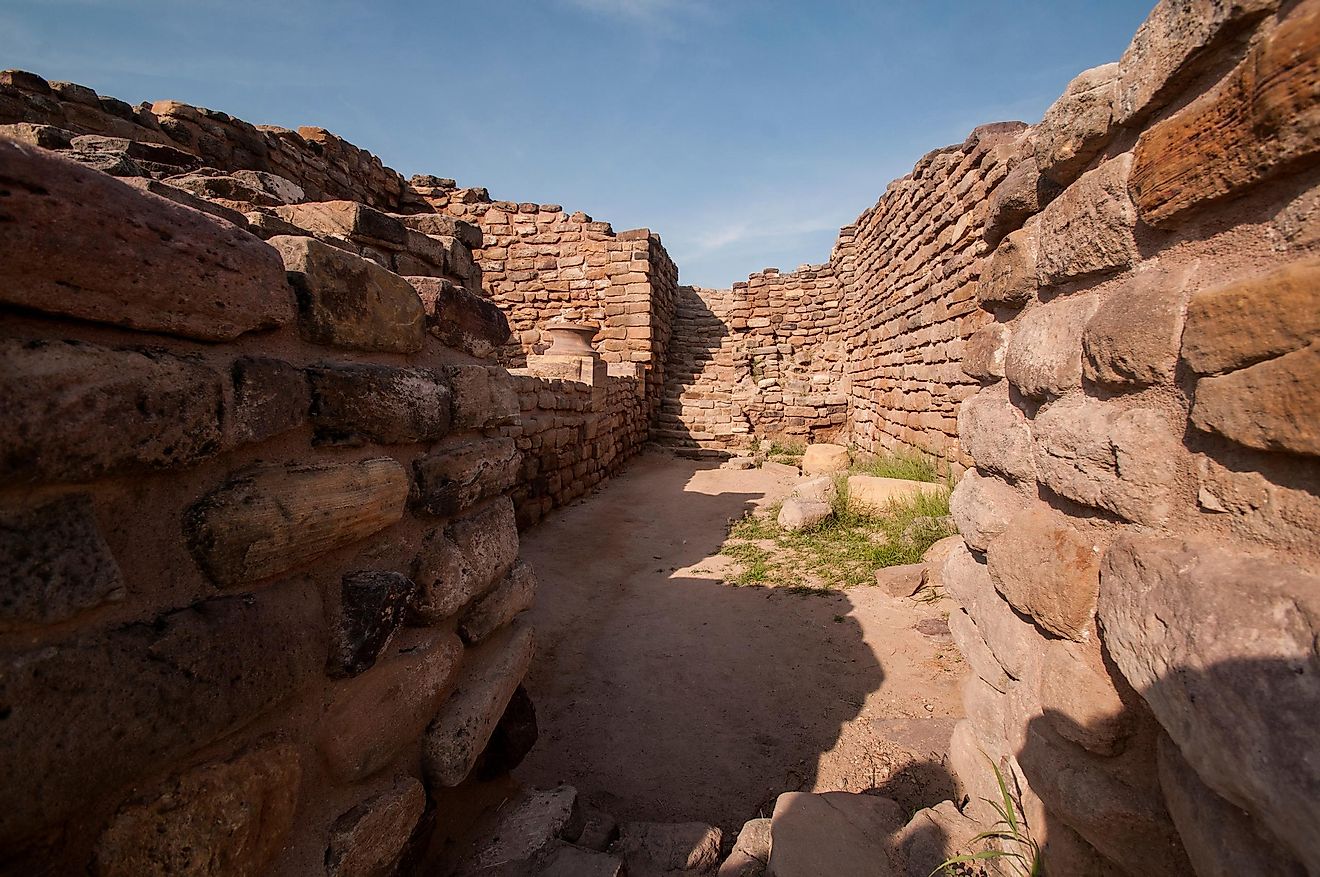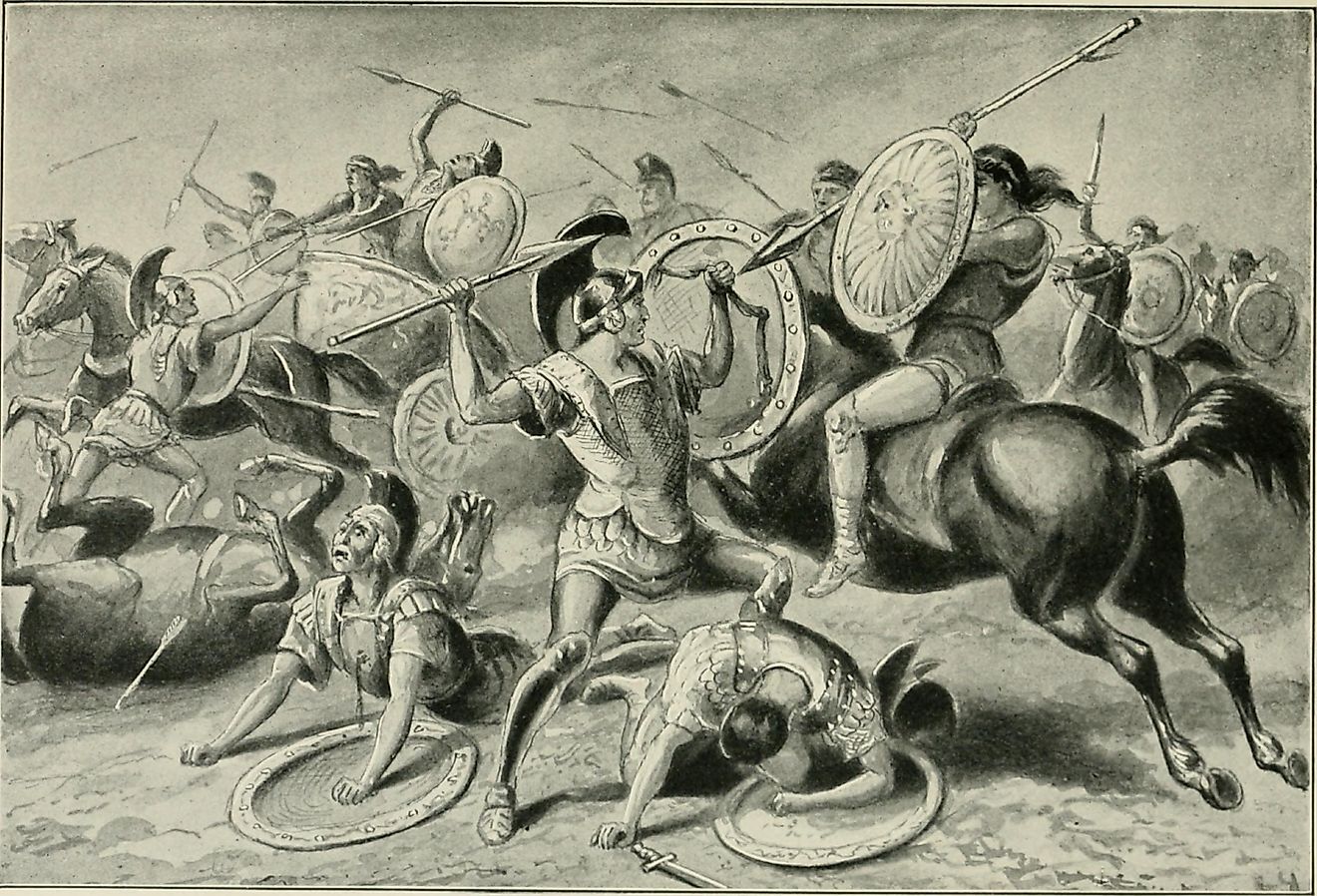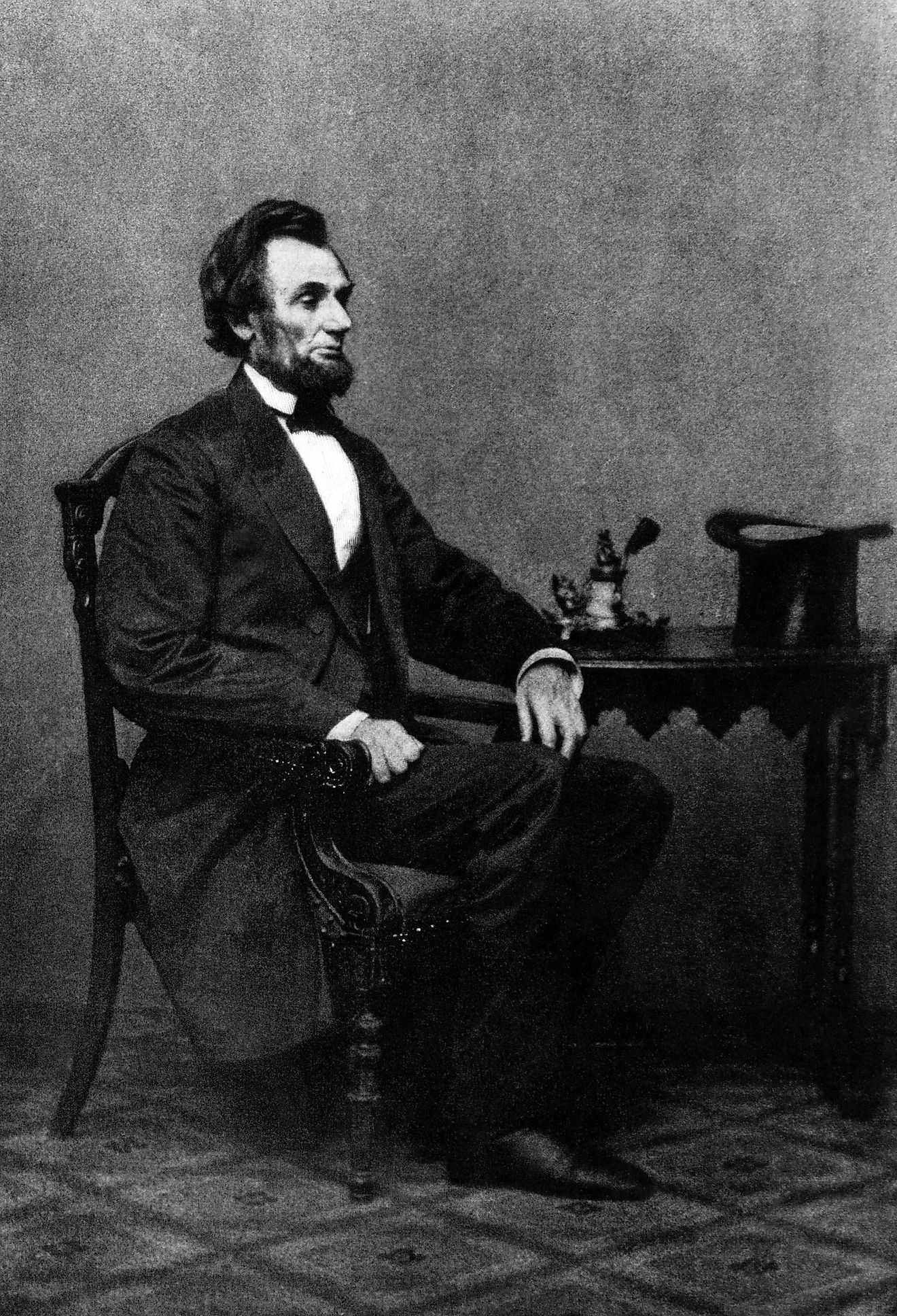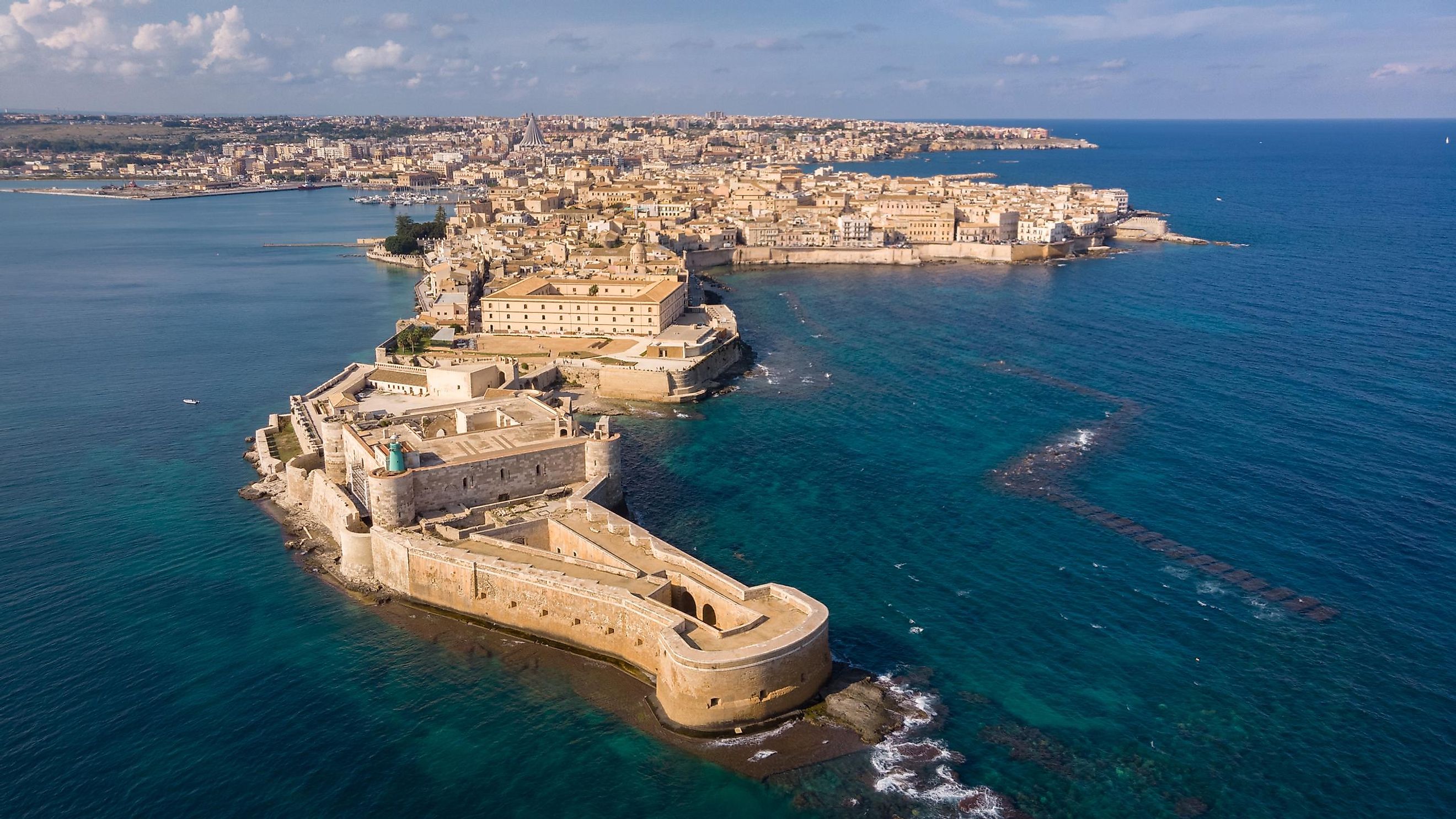
9 of the World's Greatest Ancient Greek Cities
Perhaps one of the most influential cultures to emerge from the Bronze Age, Greek cultural influence can still be felt today all across the Western World and beyond. Greece was the home of countless scientific, technological, philosophical, and cultural breakthroughs. All of which were birthed out of the many great cities of this age. After the death of Alexander the Great in the 3rd century BC, Hellenic culture spread all the way from Greece proper to the edges of modern-day India and Afghanistan. This massive cultural change across much of the Middle East and even parts of Western Europe is today called Hellinization.
Athens, Greece
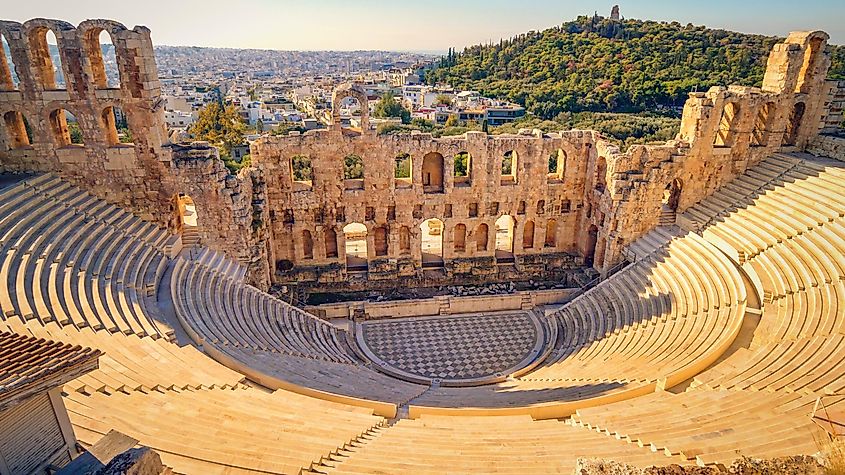
Even today, Athens is a city that most people around the world are familiar with. The city is credited as the birthplace of democracy, modern law, and countless philosophers, and its ancient legacy still lives on. The most powerful and influential city of the Classical Period, Athens was a center for many of the various breakthroughs in the arts and sciences that Ancient Greece was known for. Despite its reputation for being a place of learning, Athens was not shy when it came to war and conflict.
Athens was able to effectively control all of Greece for a time through the use of shrewd diplomacy and a strong navy. Its location right along the Adriatic Sea gave it easy access to maritime trade. Athens led and encouraged the formation of the Delian League in the wake of the wars with Persia. The Delian League was supposed to be a great alliance of Greek city-states that would band together as a deterrent against future invasions. However noble or honest the original intention was, Athens ultimately dominated this organization and used it to further its own self-interest.
Sparta, Greece
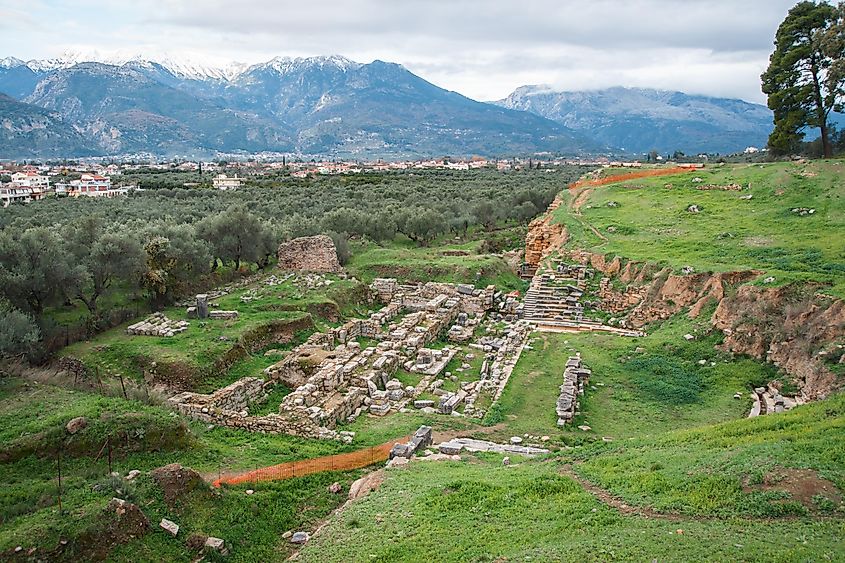
Located at the southernmost tip of Greece lies the great city of Sparta. Made famous in popular culture through movies like 300 and Troy, Sparta was a city like no other in Ancient Greece. Even though the Ancient Greeks were famous for their attention to the arts, Sparta decided to focus solely on war instead. Sparta was a warrior society through and through. All young Spartan boys would go through rigorous military training as early as seven years old. If they made it through this program, they were to become full-time soldiers at the age of 20 and serve until they died in battle or reached 60.
The day-to-day life of Sparta was made easy by a massive slave underclass called the Helots. The treatment of these people was less than inhumane and it was not uncommon for them to be murdered by Spartans for little to no reason. Spartan society was brutal but effective. The city was known to have the best soldiers of the Ancient World and there have been countless examples in Greek history where even small numbers of Spartans could single-handedly turn the tide of battle.
Thebes, Greece
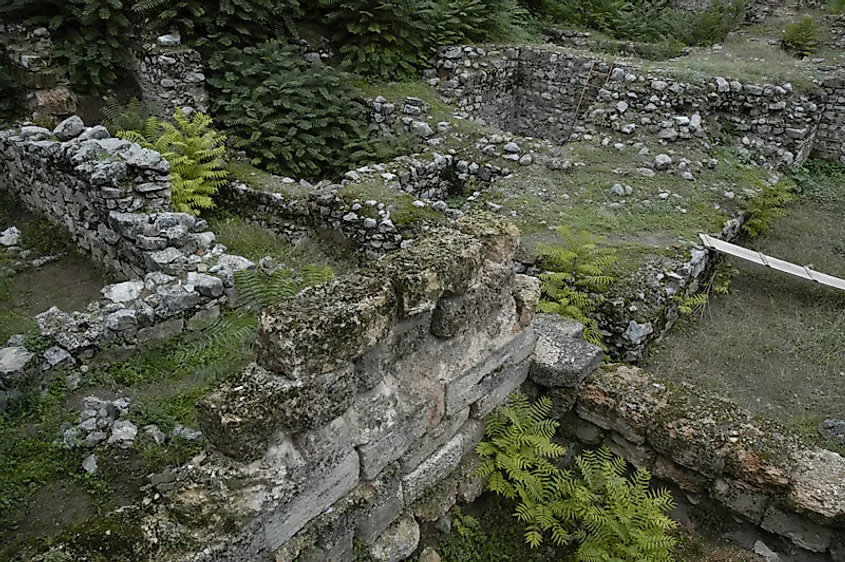
The often overlooked middle child of Classical Greece, Thebes, is usually unfairly stepped over in favor of places like Athens or Sparta. However, despite being a lesser-known city amongst the laymen, Thebes was a center for Greek civilization as far back as the Myceneans in the Bronze Age.
Located in the mountainous heart of Greece, Thebes held a special place amongst the legends of Greek mythology. It was believed that the Phoenician hero Kadmos founded the city after he fought and killed a giant serpent in battle. As the story goes, the serpent teeth were then placed into the ground, and a group of warriors grew out of them, thus birthing the first Thebians. Thebes is also the birthplace of the Greek hero Hercules. After the Bronze Age Collapse, Thebes would rise once again to become one of the most powerful city-states of the Classical Period. They would play a key role in the wars fought against the Persians as well as the Peloponnesian War.
Alexandria, Egypt
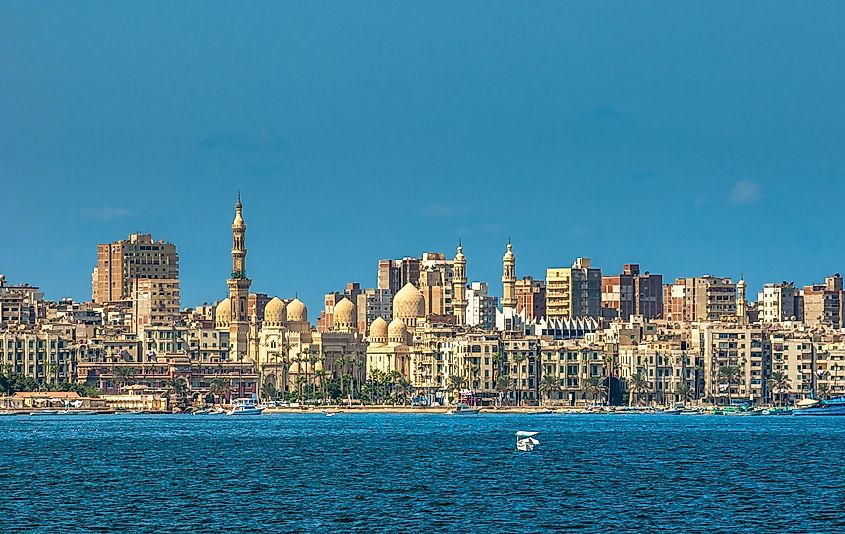
Originally called Rhakotis by the Ancient Egyptians, Alexander the Great renamed the city after himself when he wrestled control of Egypt away from the Persians in 332 BC. After his conquest, the city would take on a new life as the center of Hellenic culture and influence in the Middle East.
Alexandria was not only an important economic hub in which endless amounts of goods passed through its seaside ports and markets each day, but it also became a place of great learning and innovation. The Great Library of Alexandria was one of the most well-known education centers in the Ancient World, and it would continue to lead much of the world until it was tragically destroyed.
The destruction of the Great Library has been blamed on the Arab conquests of the 7th century for a long time but this has become increasingly controversial and challenged by historians. Some historians claim that the main sections of the library were actually burnt down long before the Arabs ever arrived. Regardless, the massive amount of knowledge and information lost due to its destruction is hard to quantify. We may never really know where humanity would be today if the records and books stored in the library somehow survived.
Pergamon, Turkey
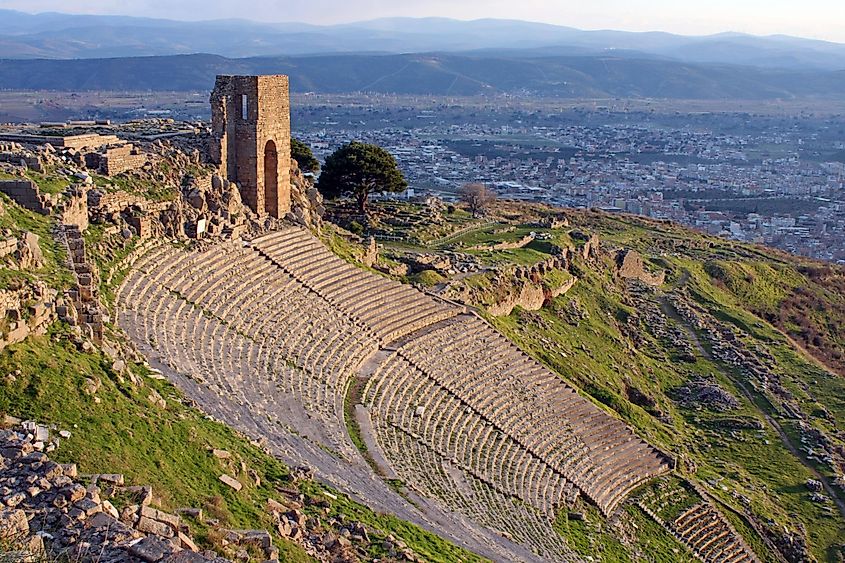
Located in the Western Anatolian Peninsula, Pergamon is first mentioned in historical records by Xenophon in the 3rd century BC but it is likely that the city was founded sometime around 700 BC by Greek colonists. Pergamon would reach its apex under the rule of the Attalid Dynasty in the centuries after the collapse of Alexander the Great's empire. Pergamon was also a center for Greek culture and learning and even had a library that rivaled Alexandria.
Pergamon would fall into Roman control in 138 BC, but it would remain a relevant city in the Roman Republic and Empire. It declined heavily in the Medieval Era and was almost forgotten until European explorers rediscovered it in the 17th century. Today, the site of Pergamon remains mostly unexplored and unexcavated. There is still much to discover about this old city. There are currently large efforts being made by historians and archeologists to paint a clearer picture of this once-great city.
Syracuse, Italy
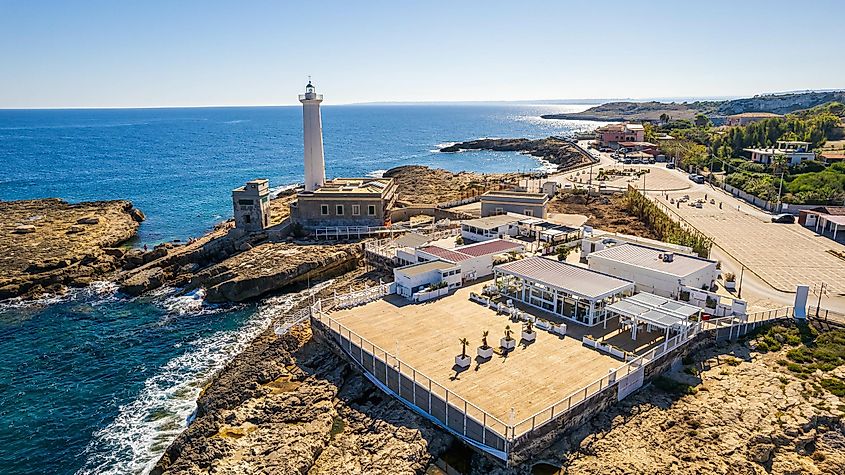
While most of the Greek expansion tended to extend eastward, some Greek colonies were also established in the Western Mediterranean. The most notable of these colonies was the city of Syracuse, located in Sicily. Founded sometime in the early 5th century BC, it did not take long for Syracuse to rise to become the most important city on the island. Syracuse was a center of trade, commerce, and science. In the twilight years of the city, Syracuse birthed perhaps one of the most famous inventors and mathematicians ever to live, Archimedes.
It is claimed by various sources that Archimedes was so ahead of his time that he was able to engineer weapons of war that were centuries ahead of his contemporaries. When the Romans laid siege to the city in 213 BC, he is said to have masterminded a primitive version of a death ray through a sequence of various mirrors that hyperfocused the sun's rays out into the oncoming Roman ships. Much like frying an ant with a magnifying glass, this weapon was supposedly designed to catch the sails of enemy ships on fire. It is not clear if this weapon was ever made or worked, but judging from his other accomplishments, it is certainly not out of the realm of possibility. Archimedes was sadly killed when the city was taken, but his legacy remains even today.
Thessaloniki, Greece
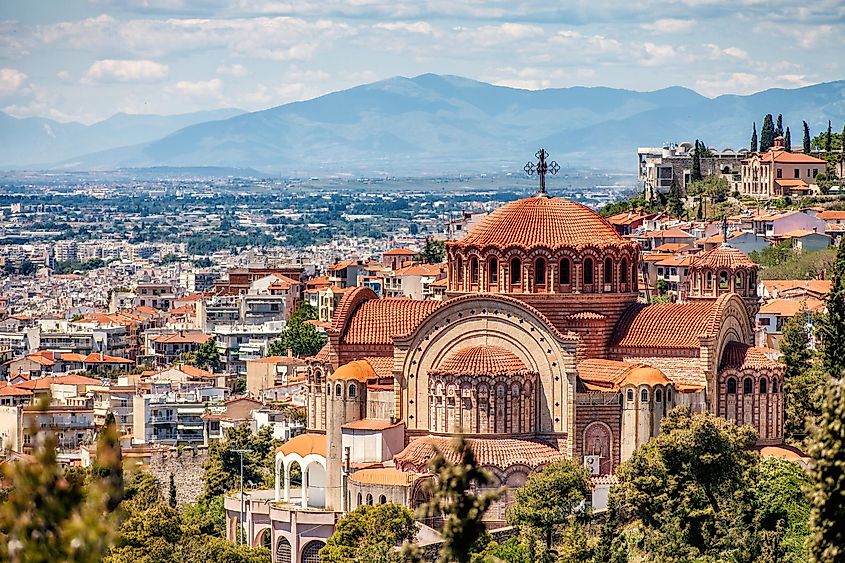
Thessaloniki was founded in 316 BC and named after the sister of Alexander the Great. The city served as a seat of power for the various Macedonian rulers who tried to carry on Alexander's legacy. Even though they would ultimately fail to live up to Alexander's example, the city would still thrive regardless.
Attached to the Adriatic Sea, Thessaloniki was always a crucial port city. Various traders and merchants from all over the Mediterranean would come here to try selling their wares. When the Romans eventually captured the city in 141 BC, its power and influence only grew. For a few centuries, before the eventual rise of Constantinople, Thessaloniki was arguably the most important city in all of Roman Greece.
Corinth, Greece
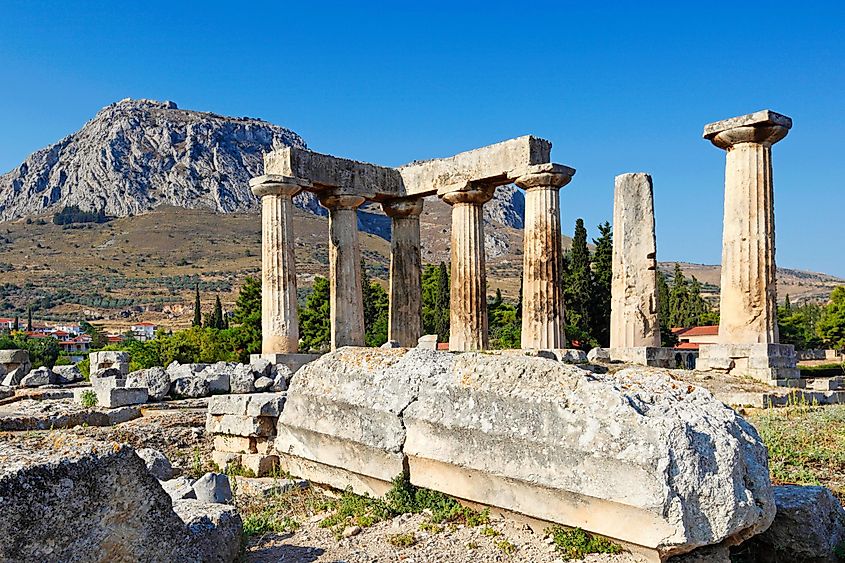
Located right along an isthmus connecting the Peloponnese and Mainland Greece, Corinth was one of the most strategically important cities in Ancient Greece. Its location made it the center of trade as well as a high-value target during wars. Corinth fought in many of the conflicts that highlighted the Greek Classical Period. While its military did not quite live up to the reputation of its southern neighbors in Sparta, Corinthian hoplites were some of the best in Greece. They routinely made up a bulk of mercenary groups in this time period.
Today, the ancient ruins of Corinth are best known for being home to a very well-preserved temple of Apollo, Aphrodite, and Poseidon. Various archeological teams have uncovered and extracted countless priceless artifacts from this area, helping us better understand this ancient city and its people.
Antioch, Turkey
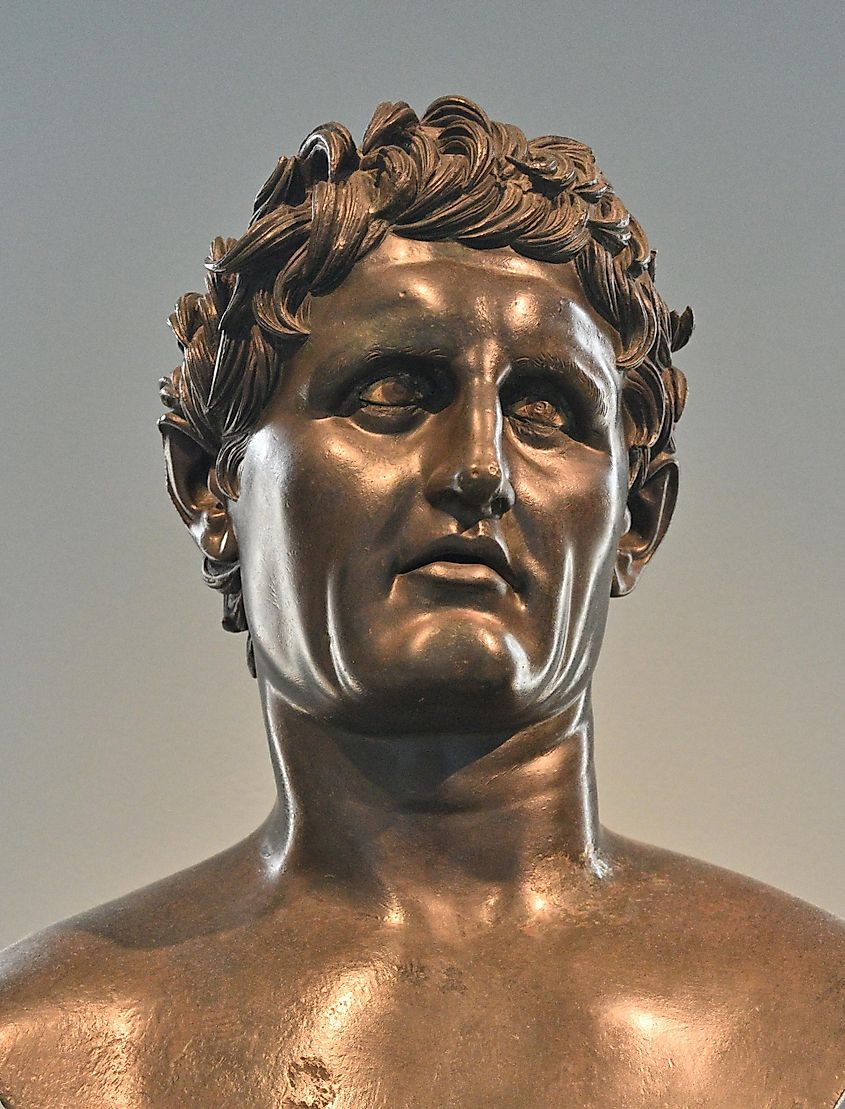
Antioch was founded by Seleucus I Nicator, one of Alexander the Great's generals, in 300 BC. Antioch did not take long to rise into a thriving metropolis that owed much of its growth to the steady stream of merchant caravans that used the city as a resting spot. Its strategic location right along the Mediterranean Sea also made it a vital port city of the region.
Profiting greatly off the incredibly lucrative eastern trade routes, Antioch was one of the wealthiest cities of Antiquity. The city was also known for its immense beauty and was even treated as an early vacation spot by some members of the Greek and Roman aristocracy. Antioch served as the capital of the Selucid Empire until the city was conquered by the Romans in 64 BC. Antioch was the third largest city in the entire Roman Empire and would later serve as an invaluable center of early Christianity.
Summary
The Greeks have a long and storied history that would quite literally take a lifetime to recount it all. Aside from some of the more metaphysical achievements they have reached, perhaps some of the most long-lasting reminders of their great past are the cities they have built not just in Greece but throughout the Middle East and Europe. Without Greek influence, there is no telling what our world would look like today.
